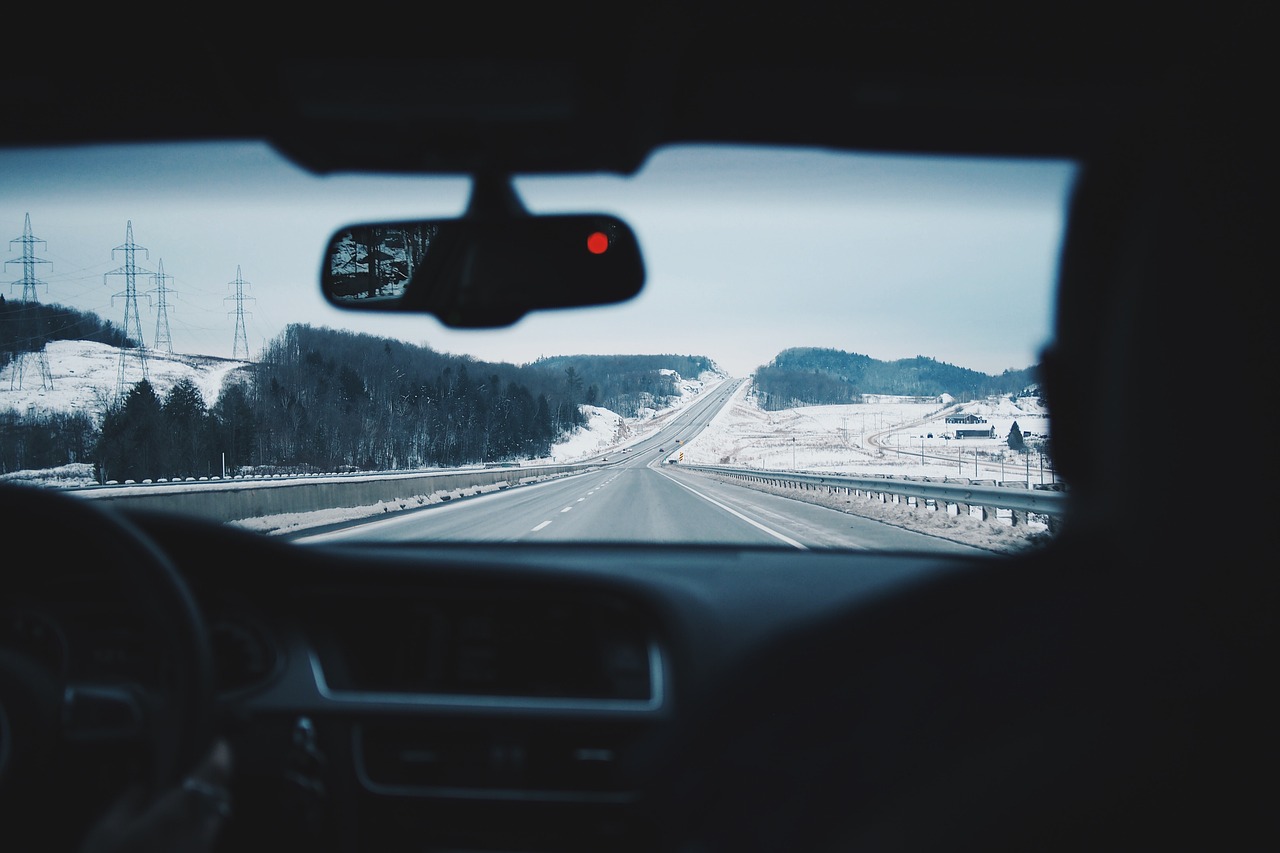Weather forecasts are never 100 percent, but it is always a good idea to start watching the weather for your home and your route a few days before your trip. Consider your entire route, because you can have gorgeous weather in your start and end cities but have a storm in a mountain range between.
Be Prepared to Change Plans
If you see that bad weather is approaching, consider leaving a day early to miss it altogether if it is on your route and expected to pass before your return home. Also, see if there is another, safer route where bad weather is not expected. You might also consider purchasing trip cancellation insurance for an expensive trip featuring reservations that cannot be canceled (or have high fees for doing so). Be sure to read the fine print, however, and ensure whether cancellation for bad weather is covered. Also, be sure you know the cancellation policies for all your reservations. Have print-outs in the car during your travels that are kept in the glove box, allowing you to quickly call and cancel or change them.
Be Prepared for Winter Weather
Before you travel, you must have a winter weather kit for the car. It is best to assume you will be in your car, without heat, for some time. This is especially important with kids. You should bring:
• Blankets
• Water bottles
• Snacks
• Fully charged cell phone (even one with a closed account is better than none. You can still dial 911).
• Flares
• Jumper cables
• First aid kit
• Medications
Also, be sure to travel with some sort of roadside protection. AAA is an option, but not the only choice. Your car warranty might automatically include it, and many auto insurance companies offer it for just a couple of bucks a month extra. Be sure you not only have it but have the information to reach someone in your glove box. Also, don’t let location make you complacent. Freak storms can hit in the deep south, and it takes very little snow in mild climates to make roads treacherous.
Handle Winter Weather When it Happens
If you are caught in winter weather, don’t be afraid to pull over for a nasty condition to pass or to stop the route and stay an extra night. Safety should be the top concern. It is also a good idea to travel with tire chains. Be sure you know how to properly use them. Also, realize that chains and four-wheel drive vehicles are not crash-free and precautions are still needed.

